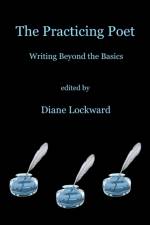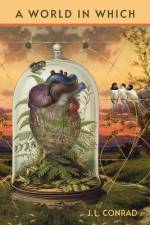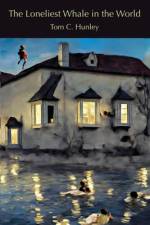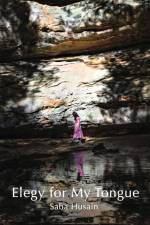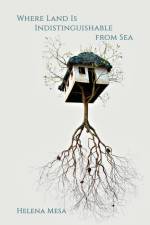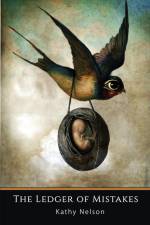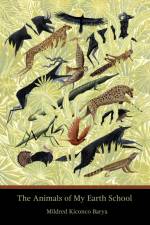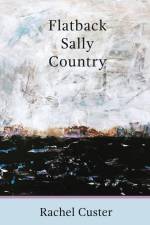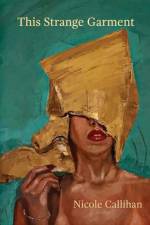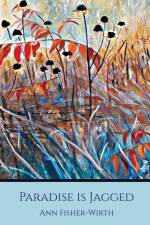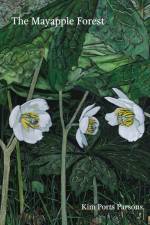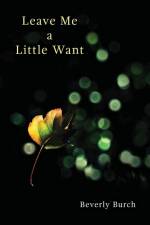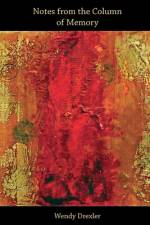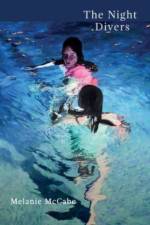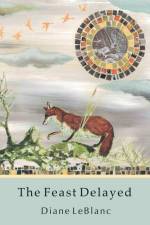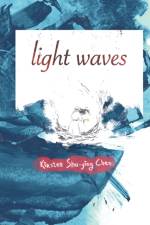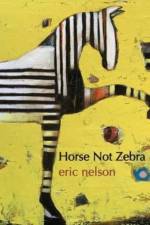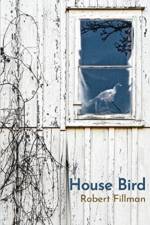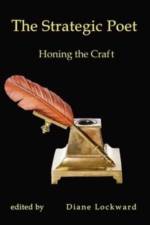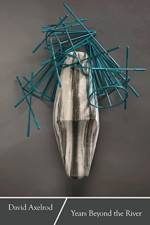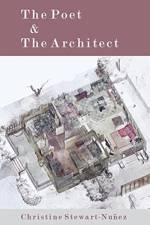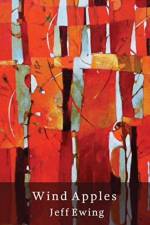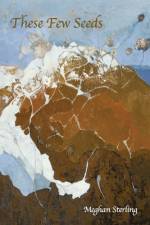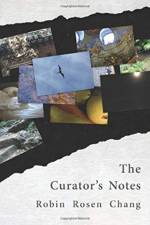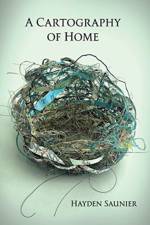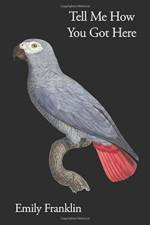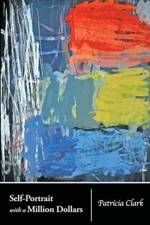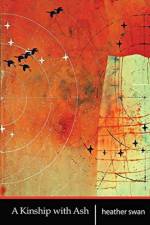av Heather Swan
285,-
In beautifully lyrical language, Heather Swan evokes both the broken human world of self-inflicted damage (pesticides, herbicides, "the noise of industry and ego") and the healing natural world of replenishment and repair (rock, bird, water, animal, plant, air). If, for Swan, the human body is "a desert drilled for petroleum," "a trout stream dying," "a splinter pulled from a tree," it is also "an astral body," "a celestial body," "a body of light." Whether lamenting the death of a beloved father or the loss of an endangered species; meditating speculatively on the post-apocalyptic thoughts of Noah's wife; riffing on the likes of Kermit the Frog, Wile E. Coyote, or Piglet and Winnie the Pooh; or simply delighting in the freshness and vividness of experience, Swan illuminates the depths of our daily lives. For a reader, gifted with such honest, clear-eyed, evocative and restorative poems as these, there is "Nothing left to say but,/ thank you./ Thank you." -Ron Wallace, For a Limited Time Only

